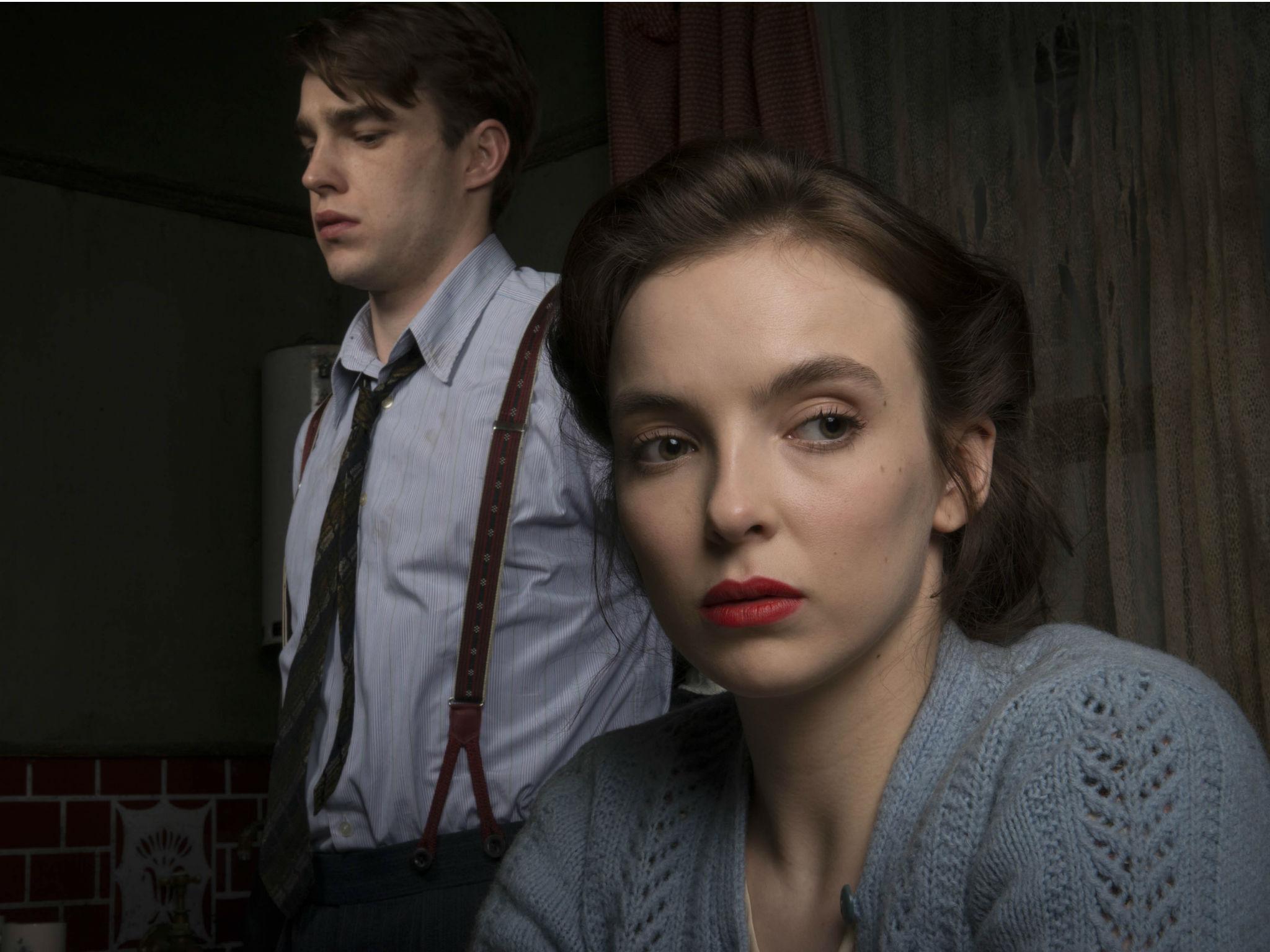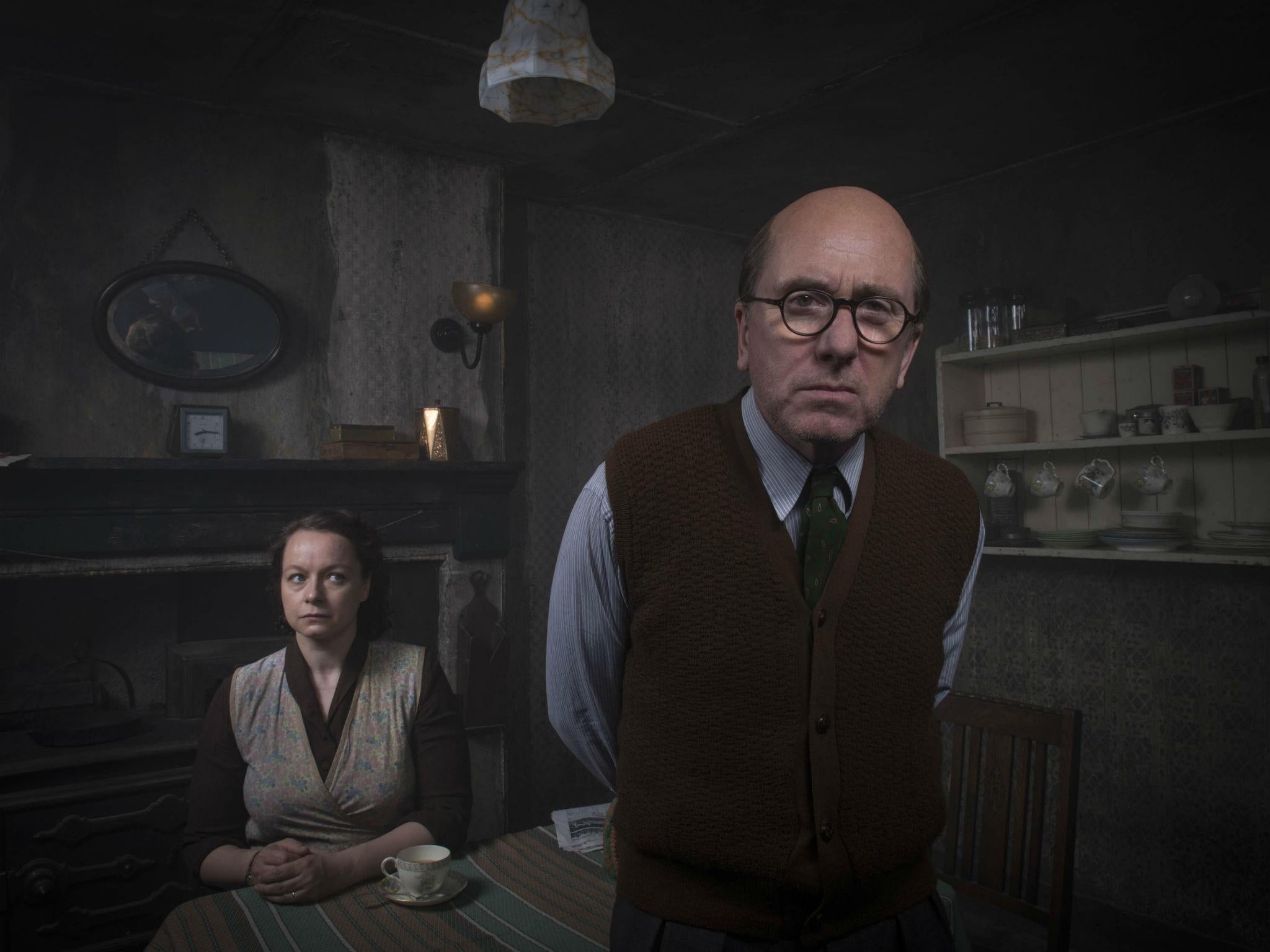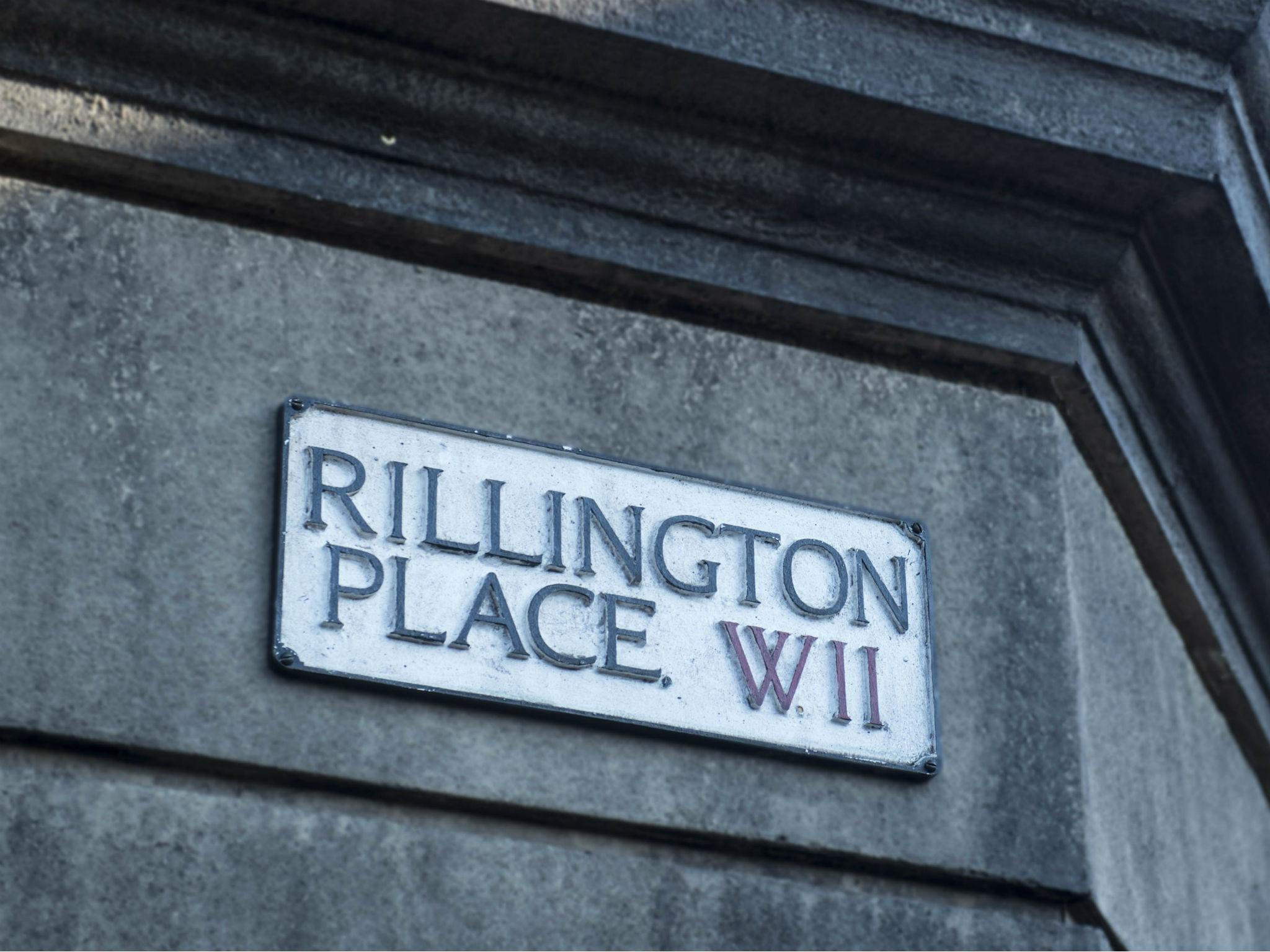Jodie Comer on Rillington Place: 'Oh, my God, these are real people and it actually happened'
The sunny Liverpudlian actress, who plays one of the victims of real-life serial killer John Christie in BBC1's Rillington Place, is the go-to girl for traumatised young women

Your support helps us to tell the story
From reproductive rights to climate change to Big Tech, The Independent is on the ground when the story is developing. Whether it's investigating the financials of Elon Musk's pro-Trump PAC or producing our latest documentary, 'The A Word', which shines a light on the American women fighting for reproductive rights, we know how important it is to parse out the facts from the messaging.
At such a critical moment in US history, we need reporters on the ground. Your donation allows us to keep sending journalists to speak to both sides of the story.
The Independent is trusted by Americans across the entire political spectrum. And unlike many other quality news outlets, we choose not to lock Americans out of our reporting and analysis with paywalls. We believe quality journalism should be available to everyone, paid for by those who can afford it.
Your support makes all the difference.“I’m quite a happy person,” says the 23-year-old actress Jodie Comer, with a warm and genuine laugh. We’d actually been speaking about her casting in Steven, an upcoming movie about the pre-stardom life of the “Pope of Mope”, Mancunian singer Morrissey, and how Comer enjoys listening to The Smiths, but her words might also be a rebuke to the way casting directors see her as either victim material – or, frankly, a bit of a bitch.
She was the latter in BBC1’s Bafta-winning hit of 2015, Doctor Foster, the younger “other woman” in the marriage of Suranne Jones’s cuckolded GP. And she was the victim in BBC3’s excellent Thirteen, a psychologically compelling drama, playing a 26-year-old woman who escapes the cellar in which she has been imprisoned for the past 13 years.
Now she’s playing the victim again, the real-life Beryl Evans in BBC1’s impressive new recreation of the life and crimes of John Christie, the serial killer who murdered at least eight women, including his wife, in the 1940s and early 1950s in Notting Hill. Beryl and her husband Timothy Evans were unfortunate enough to rent the upstairs flat from Christie at 10 Rillington Place – and Timothy was wrongly convicted and hanged for murdering Beryl and their two-year-old daughter, Geraldine.

Christie appeared as a witness for the prosecution at Evans’ trial, but later admitted to the killings and was himself hanged in 1953. This terrible miscarriage of justice had a large influence on the subsequent abolition of the death penalty, while Evans was granted a posthumous pardon and his conviction overturned.
“It’s the first role I’ve had where I felt a huge responsibility because I know these families still have to deal with what happened to loved ones,” says Comer. “It wasn’t that long ago, and then having to open up to producers and directors and relive it all again. Beryl’s niece came to set one day ... I wasn’t there unfortunately so I couldn’t meet her ... but I wouldn’t have known what questions to ask anyway. It’s such a delicate situation.”
Beryl Evans, pregnant with an unwanted second child, had been persuaded by Christie’s mendacious boasts of having trained as a doctor to allow him to perform an abortion on her, at a time when such an operation was illegal. He subsequently raped and strangled (or possibly the other way round) Beryl, disposing of her body in the garden shed – the garden itself being otherwise occupied by earlier victims.
“You never actually see the murder which I think is a good thing,” says Comer. “I always find with dramas that the more that’s left to the imagination of the audience the better.”
Indeed Rillington Place is interestingly structured, with its three episodes showing the crimes from the differing perspectives of (first) Christie’s wife Ethel (played by Samantha Morton), then of Timothy Evans, and finally of Christie himself – played with a soft Yorkshire accent and bald pate by Tim Roth, who manages to be chilling while suggesting the shambling gait of Woody Allen.
“I love Yorkshire accents and this has ruined them for me,” says Comer. “The thing I find the most unsettling about the character is that people weren't terrified of him – they always say it’s the quiet ones or the nice ones.”

Watch Apple TV+ free for 7 days
New subscribers only. £8.99/mo. after free trial. Plan auto-renews until cancelled

Watch Apple TV+ free for 7 days
New subscribers only. £8.99/mo. after free trial. Plan auto-renews until cancelled
Roth, who is superb, was apparently unsure about taking the role, as was Richard Attenborough when approached to play Christie for Richard Fleischer’s 1971 film 10 Rillington Place – John Hurt’s breakthrough film, playing Timothy Evans (Judy Geeson portrayed Beryl). The reputation of that film, so much closer to the events – as well as the abolition of the death penalty in 1965, and the legalisation of abortion in 1967 – has grown over the years. “I watched it before I started filming,” says Comer. “You get lost in watching it and then you suddenly think, ‘Oh, my God, these are real people and it actually happened.’”

Filmed in Glasgow on authentically dingy sets, Rillington Place is a sharp corrective for anyone hankering after the mythical good old days. “The set was an exact replica, except the rooms were little bigger than they would have been,” says Comer. “Even these were so tiny, and when Nico and me were filming the space really played a part because it felt so claustrophobic... you couldn’t get away from each other.”
Nico Mirallegro and Comer share some intimate scenes, a potentially embarrassing process made easier by the fact that the two actors knew each other from My Mad Fat Diary, the E4 comedy in which Comer played the good-looking and popular best friend of Sharon Rooney’s main protagonist, Rae Earl, and Miraleggro played Rae’s boyfriend Finn.
“It’s so nice when you go on to a job and you’ve worked with someone before,” says Comer. “Especially if you’re playing a love interest and you have to have an ease with each other on screen.”
My Mad Fat Diary was Comer’s breakthrough role after the familiar rite of passage for budding television actors – Holby City, Doctors, Casualty – and which substituted for giving drama school a miss. And what many people may not realise, because she never gets to speak with her normal accent on screen, is that Comer was born in Liverpool, her father a masseur and her mother working for a transport company in the city. “There was one small Jimmy McGovern drama early on, but I now wonder whether I’ll ever get to use my real accent,” she says. “I don’t think many people want it, which is a shame.”
Comer first discovered her talent at the age of 13 when she won a competition at the now defunct Liverpool Drama Festival in which contestants had to recite a monologue – hers was about the Hillsborough disaster. This led to a part in a Radio 4 play being recorded at the city’s Everyman Theatre, and an agent.
If My Mad Fat Diary showcased a talent for comedy, then her role as the ambiguous kidnap victim Ivy Moxham in Thirteen was a revelation. “I so wanted and needed a role like that,” says Comer, who researched Ivy by reading about the real-life case of Natascha Kampusch, the Austrian woman kidnapped at the age of ten and who managed to escape eight years later.
“I kind of realised that I could never fully fathom what this girl has gone through,” says Comer. “But the book gave me more of an idea of the living conditions she’d been in, the abuse that she went through, how she counted time and all these little details you never think about.”

“Also Ness [Vanessa] Caswill, who directed the first block, she did a lot of physical rehearsals with me. She would tell me to close my eyes and imagine I’m in a dark room and he [the abductor] has turned the lights out and you have to work your way round the room and look for something you’re trying to find. You start feeling materials more, like the carpet, it was such a good exercise.”
By contrast, her role in the upcoming Morrissey biopic, Steven, sounds more cheerful, playing a fictional character called Christine, a composite of a group of girls who worked in the same Inland Revenue office in Manchester, and apparently annoyed the future pop star. “She doesn’t think before she speaks and she was quite narrow-minded,” says Comer of Christine. “And especially after doing Rillington Place and Thirteen, she was just so much fun.”
Before that, however, Comer had the title role in The White Princess, a sort of (but apparently not) sequel to the flop BBC history drama The White Queen, but this time produced by Starz network in the United States. Comer plays Elizabeth of York, contracted in a dynastic marriage to the first Tudor king, Henry VII. “It takes place just after the Battle of Bosworth Field and it follows Elizabeth and Henry’s marriage over a seven year period,” she says.
“I’d always wanted to do costume drama, but period dramas often become very wooden. Just because they’re born in the 1400s all of a sudden people start losing their sense of humour or their personalities.”
Currently filming the second series of Doctor Foster, in which she hopes her marriage-breaking character Kate will come across more sympathetically, Comer is then going to take a well-earned holiday in the sun – a girl’s holiday with her mum (she still lives with her parents in Liverpool) – and a chance to regain some colour after being so wan in The White Princess.
“I’ve still got my Tudor tan,” she laughs. “I wasn’t allowed to go in the sun for pretty much most of this year and I had to wear factor 50. I’m looking a bit lilac...”
Rillington Place starts on BBC1 on 29 November at 9pm
Join our commenting forum
Join thought-provoking conversations, follow other Independent readers and see their replies
Comments